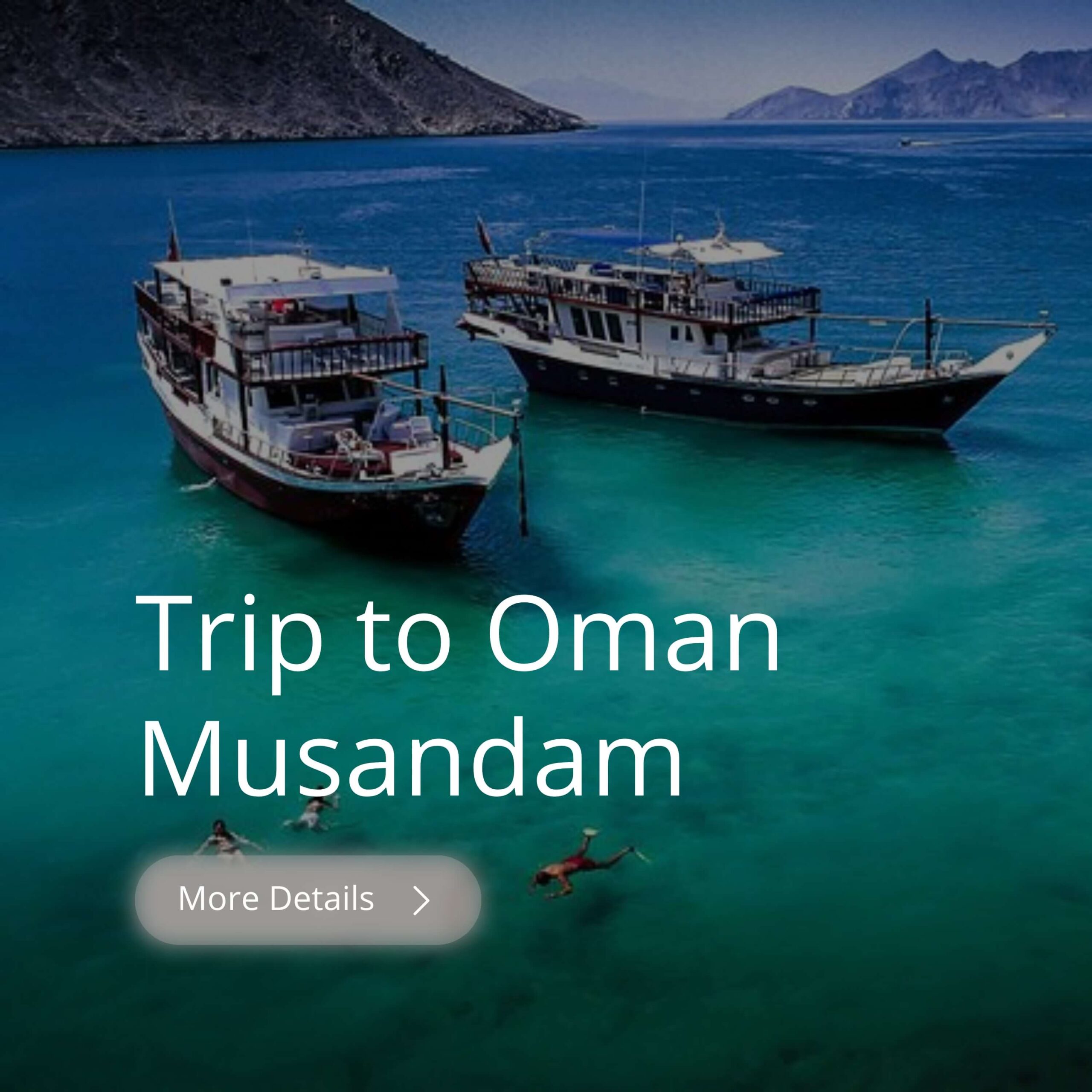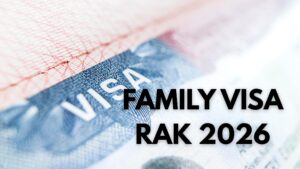Dubai, UAE — The Ministry of Human Resources and Emiratisation has officially declared that Wednesday, January 1, 2025, will be a paid holiday for all private sector employees in the UAE, marking the first public holiday of the new year.
This announcement has been welcomed by both employers and employees alike, as it offers workers a chance to celebrate the start of the year with a day off while ensuring they are compensated for their time away from work.
The Ministry of Human Resources and Emiratisation announces that Wednesday, 1 January 2025, will be New Year’s paid holiday for all private sector employees in the UAE.
— وزارة الموارد البشرية والتوطين (@MOHRE_UAE) December 20, 2024
We wish you all a year filled with happiness & success!#MoHRE #UAE pic.twitter.com/RntZ10ABFW
A Boost for Private Sector Workers
The UAE government’s decision to grant a paid holiday for New Year’s Day aligns with its commitment to improving the work-life balance of its citizens and residents. While public sector employees typically receive a set number of holidays each year, the private sector has historically seen variations depending on employer policies. This step ensures that all employees across the country will benefit equally from this occasion.
The Ministry of Human Resources and Emiratisation emphasized that all private sector businesses must adhere to this holiday regulation, ensuring consistency and fairness across the country. Private sector workers can look forward to having a well-deserved break while also receiving pay for the day.
“We are pleased to announce that New Year’s Day will be a paid holiday for all private sector employees in the UAE,” said Dr. Abdulrahman Al Awar, Minister of Human Resources and Emiratisation. “This decision reflects the country’s ongoing efforts to support employees’ well-being and ensure that everyone, regardless of their sector, has the opportunity to celebrate key national and international holidays.”
Economic and Social Implications
The paid holiday for New Year’s Day is not only a social benefit but also has potential positive effects on the UAE’s economy and workforce. By ensuring that employees are not only given time off but also compensated for it, the government helps to stimulate consumer spending during the holiday period. This could have a ripple effect on various sectors, particularly retail and hospitality, as employees enjoy extra disposable income during the festive season.
Additionally, providing paid holidays for employees is seen as an important tool for improving worker satisfaction and retention. In a competitive labor market like the UAE’s, where businesses vie for talent, such benefits can enhance an employer’s reputation and support long-term employee loyalty.
“Paid holidays are a powerful motivator,” said Khaled Al-Mansoori, a UAE-based HR consultant. “Offering a day off with pay demonstrates an employer’s commitment to the well-being of its workforce and can significantly improve morale and job satisfaction. The impact of this kind of policy extends beyond New Year’s Day; it sends a clear message that workers’ rights and time off are valued.”
Alignment with UAE Vision 2030
The UAE’s commitment to improving labor rights and quality of life for workers is part of its broader strategic goals, including the UAE Vision 2030. The vision aims to create a sustainable and diversified economy, while fostering social welfare and a balanced quality of life for residents and citizens.
Providing paid holidays for key events, such as New Year’s Day, is a step toward achieving this balance. As the country continues to attract a diverse expatriate workforce and invest in human capital, policies that promote worker well-being are becoming an integral part of its development plans.
“The UAE Vision 2030 recognizes the importance of human capital in driving the country’s growth,” said Dr. Aisha Al-Suwaidi, a labor market expert at the Emirates Centre for Strategic Studies and Research. “The introduction of paid public holidays for all workers helps to foster a more cohesive and motivated workforce, ensuring that the country remains attractive to both local and international talent.”
Private Sector Reactions
The announcement has been met with positive feedback from employees, with many expressing their appreciation for the government’s decision. Several private sector workers who have previously not received a paid day off on New Year’s Day noted that this change would significantly improve their holiday experience.
“I’ve worked in the private sector for years, and we’ve never had a paid holiday for New Year’s,” said Nadia Hussein, a marketing professional at a Dubai-based firm. “It’s a welcome change, and I’m happy to be able to spend the day with my family and not worry about missing out on pay.”
Employers, too, have recognized the importance of this move, with many businesses already preparing for the holiday. While some companies may need to adjust their staffing schedules to accommodate the break, the expectation is that the long-term benefits of happier, more motivated employees will outweigh the temporary challenges.
“We support the government’s initiative to ensure fair treatment for all workers,” said Omar Al-Fahim, an HR manager at a large multinational company in the UAE. “While it might require some adjustments for our operations, we understand the importance of maintaining a healthy work environment, and we’re happy to comply with the new regulation.”
Looking Ahead: Future Holiday Policies
The UAE has been consistently improving labor laws in recent years, with an increasing focus on enhancing employee rights, including more public holidays and better working conditions. The announcement of paid holidays for New Year’s Day is part of a larger trend of expanding benefits for workers in both the private and public sectors.
There is growing speculation that more public holidays may be granted in the coming years, especially as the UAE seeks to further align its labor market with global standards. The government’s continuous engagement with businesses and workers alike ensures that policies are evolving in a way that benefits all parties involved.
“We are committed to a balanced approach to labor laws, one that supports both workers and businesses,” said Dr. Al Awar. “As the country continues to grow, we will continue to review and adjust our policies to ensure they align with the needs of the modern workforce.”




























